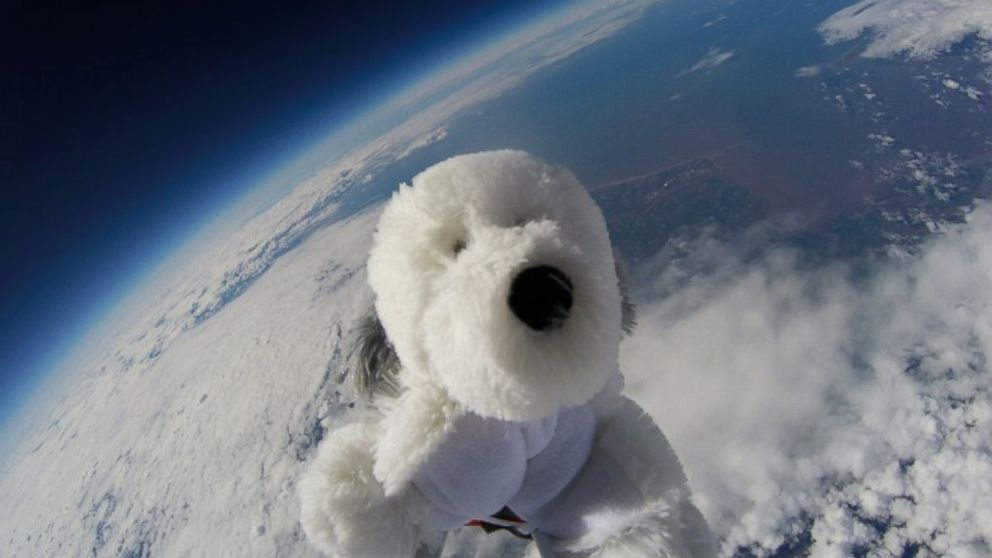
Using grammar to communicate 'Which one(s)?'
Many countries are spending a lot of money on space exploration in order to reach edge of the universe.
In English, nouns need some grammar in front of them in order to answer at least one of the following questions:
- Which one(s)?
- Whose?
- How many?
So let’s apply these questions to each of the five nouns in our example and make sure we have the right grammar attached to the noun. Here’s the example with the nouns highlighted:
Many countries are spending a lot of money on space exploration in order to reach edge of the universe.
countries
Which ones?
It doesn’t matter.
Whose?
Doesn’t matter.
How many?
many answers this question. The number is not exact, but it doesn’t need to be exact. It’s enough to know that more than one country is being referred to.
So far, so good!
money
Which?
It doesn’t matter.
Whose?
We can assume the money is being spent by the countries.
How much?
a lot of serves the same function as many.
exploration
Which?
We don’t need any grammar to tell us which exploration. The word space already answers that question. We know that it's space exploration, and NOT jungle exploration or ocean exploration.
Whose?
We can assume the countries.
How much?
Not important at this stage.
edge
Which one?
There is some text immediately after edge that tells us exactly which edge - the edge of the universe (NOT the edge of the table). However, if it’s clear to both writer and reader exactly which noun is being referred to then in English we have to use the definite article the in front of the noun. This was the grammatical error in the sentence - a missing 'the': the edge of the universe.
Whose?
Irrelevant.
How many?
Also irrelevant.
universe
Which one?
This is a special use of the to tell us which one - when there is only one in the writer and reader’s shared context of reference! (Like the moon, the kitchen, etc.)
Whose?
Irrelevant, although it would make for an interesting philosophical discussion!
How many?
Irrelevant, but also interesting from a scientific / philosophical perspective!
Indonesian students are generally clear about whose and how many. However, they often forget to use grammar to communicate which one(s).
Note that when a noun is followed by a preposition phrase (e.g. of the universe), that phrase usually tells exactly which noun you’re talking about. Next time you write a preposition phrase after a noun, especially one beginning of, think about using the in front of the noun!
There is an idiom – Close to the edge whose idiomatic meaning is perhaps best communicated in the song The Message by Grandmaster Flash:
Don’t push me, coz I’m close to the edge
I’m tryin’ not to lose my head
It’s like a jungle sometimes
It makes me wonder how I keep from goin' under
You can listen to The Message here and follow the lyrics, but be warned – it’s full of other less useful idioms!
And while we’re talking about music, back in 1972 British prog rock band Yes made an album called Close to the edge!
